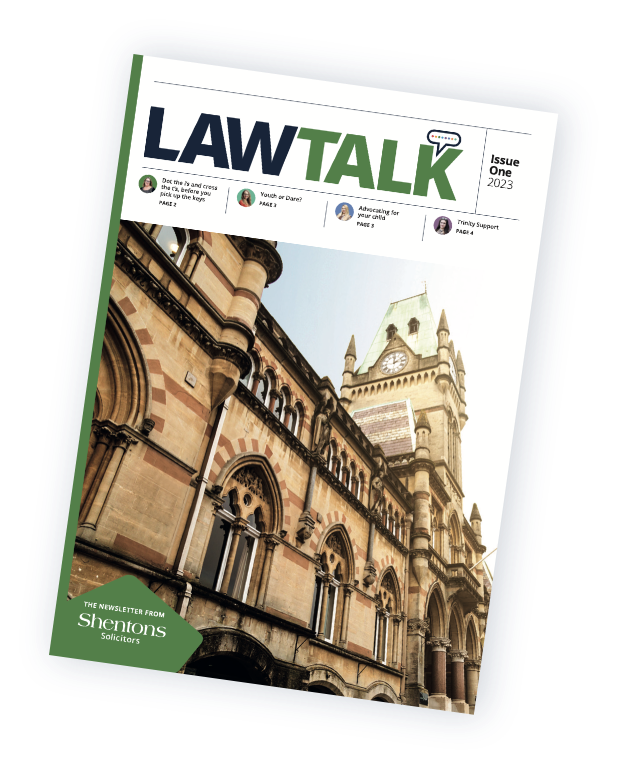Over recent years we have seen more and more local Magistrates Courts close as buildings are sold off. There seems to be a prevailing belief that justice can start to be dispensed online.

On behalf of our clients, our job as defence advocates in the Magistrates Court is trying to persuade Magistrates around to our point of view. We can challenge decisions that are wrong or unjust and we can appeal to a higher court. Criticisms that Magistrates have faced over the years is that they are drawn from too narrow a background and they are not representative of the communities they deliver justice to.
There may be some merit to this criticism, however, in my opinion, the answer is not to be found in closing Magistrates Courts so that everybody has to travel for miles & miles to get to a Court, nor is it going to be solved by turning summary justice into a process driven by online algorithms.
The Magistrates’ ability to use their discretion in deciding on a defendant’s fate can sometimes work in a defendant’s favour and I am yet to be convinced that even the most technologically advanced online systems can replicate the consideration that people can bring to our justice system.
The Magistrates’ discretion was vital when I recently argued a case of exceptional hardship. My client had never been to court before but they were faced with losing their license as a result of the totting up speeding points over 3 years. The client, however, lived in a rural location and visited their elderly father who increasingly suffered with dementia, every day in another rural location. Buses were infrequent and taxis prohibitively expensive. The daily visits meant that the elderly father could stay in his own home and the client could give the carer a break. The carer did not drive and for differing reasons, no-else in the family could visit every day. We demonstrated to the Court that the loss of the license would be of exceptional hardship to the client’s father as he would be effectively house bound and likely to end up in permanent residential care without the daily visits. The Magistrates used their discretion and the client kept their license knowing that any further speeding or road traffic offences would result in an immediate ban.
All our latest news, articles, interviews, tips and more.
